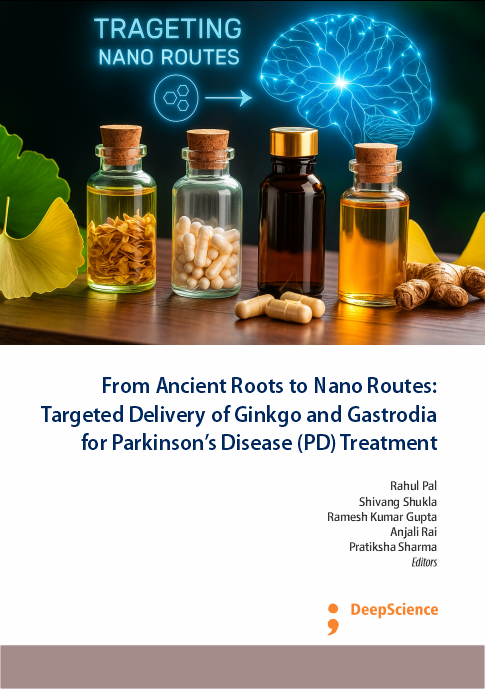Synergistic and Mechanistic Neuroprotection: Ginkgo biloba and Gastrodia elata in Combination Therapy
Synopsis
Neurodegenerative diseases, characterized by progressive neuronal damage, represent a significant global health challenge. Effective therapeutic strategies are urgently needed to preserve neuronal structure and function, thereby mitigating neurological decline. This report examines the individual neuroprotective profiles of Ginkgo biloba and Gastrodia elata, two prominent traditional herbal medicines, and explores the compelling theoretical basis for their synergistic effects in combination therapy.
Ginkgo biloba exerts its neuroprotective actions primarily through potent antioxidant, anti-inflammatory, and anti-apoptotic activities. It also significantly enhances cerebral blood flow, modulates neurotransmitter systems, and reduces amyloid-beta aggregation. Gastrodia elata, conversely, demonstrates robust antioxidant, anti-inflammatory, and anti-apoptotic properties, complemented by unique GABAergic enhancement, promotion of brain-derived neurotrophic factor (BDNF), activation of the PI3K/Akt pathway, and modulation of brain protein metabolism.
The analysis reveals substantial complementary and overlapping mechanisms between these two herbs. Their combined administration is hypothesized to offer a broader, more comprehensive therapeutic strategy, simultaneously addressing multiple facets of neurodegeneration such as oxidative stress, inflammation, excitotoxicity, and impaired cerebral circulation. This multi-target approach aligns well with the complex pathophysiology of neurological disorders, suggesting that the combined therapeutic outcome could surpass the sum of their individual contributions. While preclinical evidence supports the individual neuroprotective effects of both herbs and the synergistic potential of Ginkgo with other agents, dedicated clinical trials specifically investigating the Ginkgo biloba and Gastrodia elata combination are essential to validate these theoretical advantages and translate them into effective clinical applications.
Keywords: GABAergic, neuroprotective, PI3K/Akt pathway, excitotoxicity, cerebral, brain-derived neurotrophic factor.













